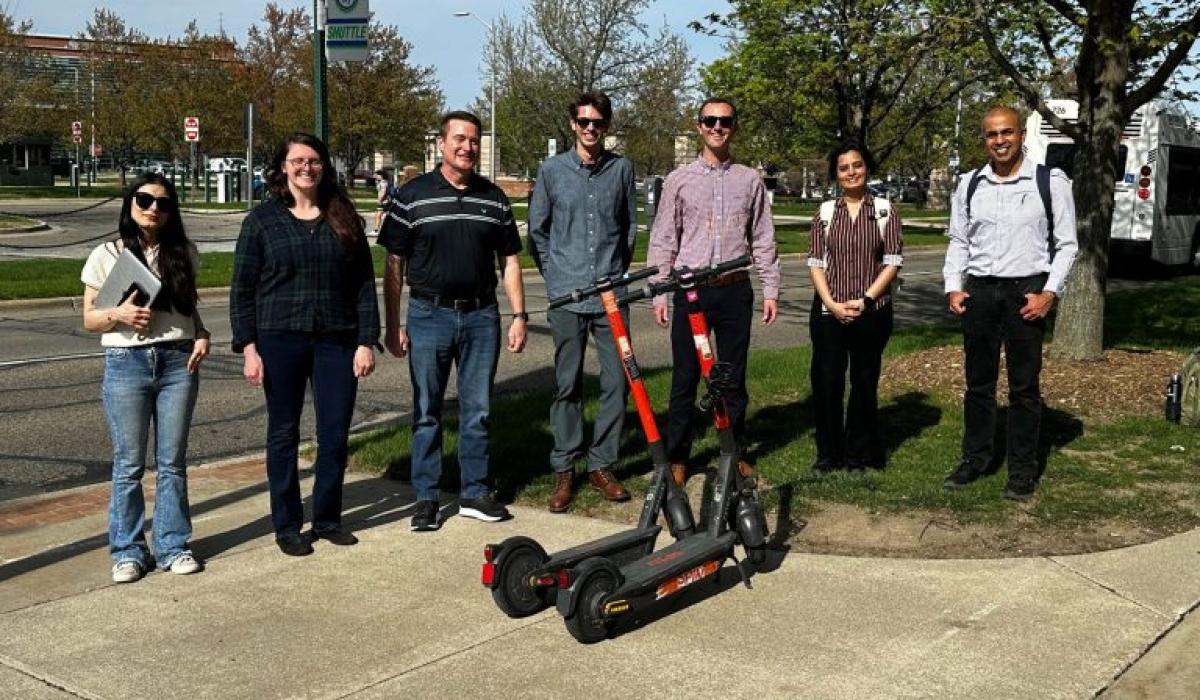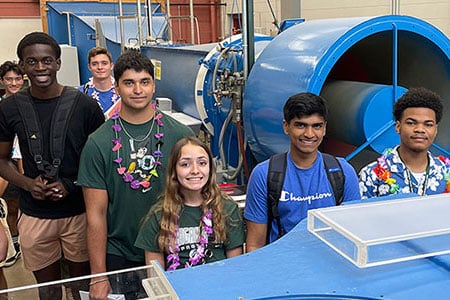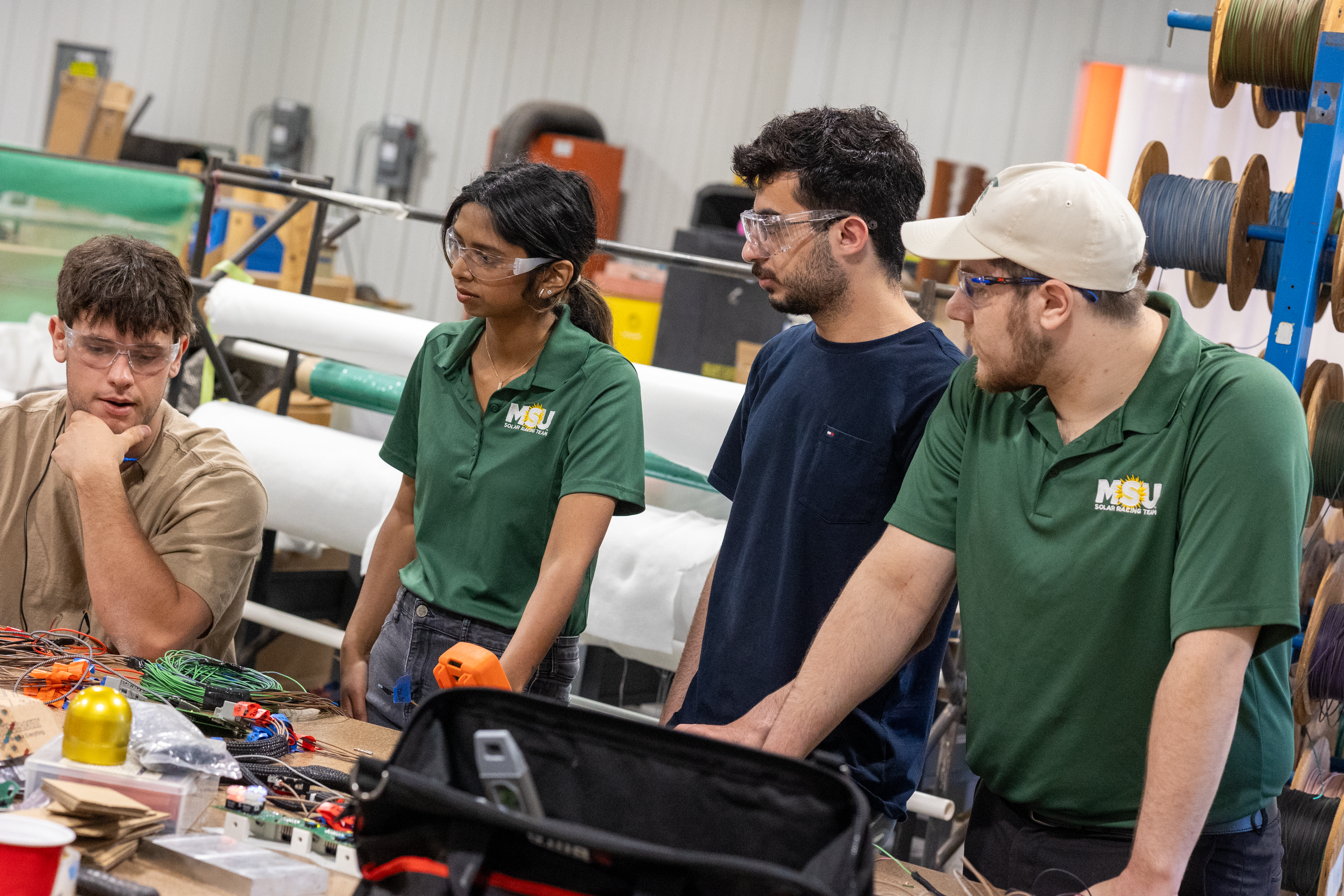Michigan State University (MSU) and SPIN, a leading micromobility provider, are deepening their innovative partnership with the launch of two new faculty-led research projects aimed at advancing sustainable transportation and smart mobility solutions.

These projects, funded by SPIN through MSU’s Innovation Center, reflect the power of sustained university-corporate collaboration to drive real-world innovation. The partnership, which began in 2021 with the introduction of SPIN e-scooters on campus, has evolved into a dynamic research ecosystem that supports faculty, students, and the broader MSU community.
Three from the College of Engineering are involved in two SPIN projects:
Detecting Unlicensed Scooter Movements with AI Led by Shaunak Bopardikar, associate professor of electrical and computer engineering, and Prajakta Surve, a research associate in electrical and computer engineering, this project will develop a machine learning system to detect unauthorized movements of SPIN scooters, such as lifting, dragging, or relocation without an active ride. Using real-time telemetry and GPS data, the system aims to reduce vandalism and improve fleet security.
Optimizing Scooter Deployment with Agent-Based Modeling A second project will build a high-resolution simulation of mobility patterns across MSU’s campus. Using agent-based modeling and evolutionary algorithms, Emily Dolson, assistant professor of computer science and engineering, and her team will identify optimal scooter deployment strategies and support long-term planning for MSU’s Vision 2050 transportation goals.
Read more on SPIN here.
Original story courtesy of the MSU Innovation Center.
MSU College of Engineering Media and Public Relations page.





